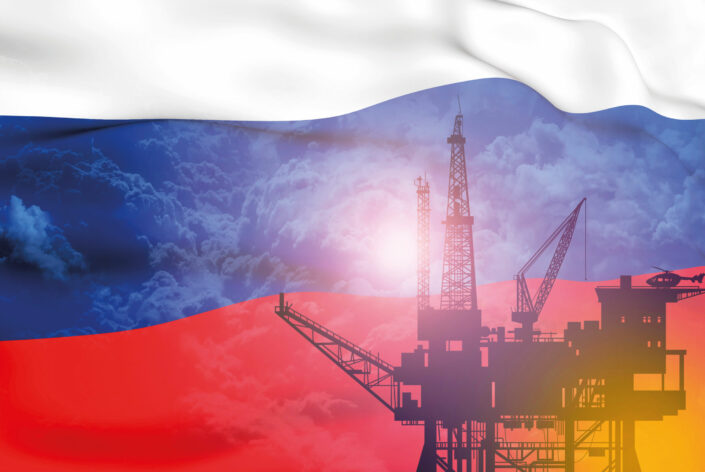The UK’s top crime and sanctions enforcement agencies have warned banks to be on the lookout for efforts by a Russian oil trading network to access trade finance.
The National Crime Agency (NCA) and the Office of Financial Sanctions Implementation (OFSI) say in a “red alert” published on July 2 that sanctioned entities are using front companies to finance Russian oil cargoes that circumvent the price cap imposed by the G7 and allied countries.
Detecting potential violations of the price ceiling has been a preoccupation of sanctions and financial crime agencies since it was launched in late 2022. Banks and insurers are expected to monitor their customers’ compliance with the rules.
The agencies say front companies, which it refers to as the “blue” side of the oil trading network, have tried to work with Western banks, insurers and trading platforms to provide finance for the “red” side of the network, which deals directly with Russian-origin oil cargoes that are disguised as originating from other countries.
Companies on the “blue” side include UAE and Singapore entities of commodities trader 2Rivers, previously known as Coral Energy, which were sanctioned by the UK late last year, the NCA and OFSI say.
The alert says 2Rivers was among a network of companies “run by” Azerbaijani nationals, Etibar Eyyub and Tahir Garayev, who have “personal relationships” with Rosneft chief executive Igor Sechin.
Sechin is also sanctioned by the UK and reportedly a close ally of Russian President Vladimir Putin.
“Finance and oil move between the different sides of the network,” which uses the vast “shadow fleet” of tankers associated with the Russian oil trade, the alert says.
“Access to Western rates of trade finance, trusted insurers and key commodity exchanges utilised by ‘blue’ companies are combined with the special relationship with Rosneft’s CEO and privileged access to Russian oil of the ‘red’ companies, to create a global trading network generating billions of USD.”
“Money and oil move between the companies through trans-shipments of oil and mixing operations to hide the Russian origin,” the alert adds.
In a July 3 statement, 2Rivers says it is “dismayed” by the red alert and that the company stopped trading after it was sanctioned by the UK.
“2Rivers has consistently operated in full compliance with UK, US, and EU regulations, including the G7 Russian oil price cap,” the trader says. “The company proactively exited the Russian market, concluded its last remaining contractual obligations in 2023, and completed a management buyout to further strengthen its commitment to international compliance standards.”
It says it “has no connection whatsoever” to Eyyub and Garayev.
UK authorities say in the alert that last year’s sanctions on 2Rivers would have hampered the network’s ability to operate, but that “there are many more companies within this network” and that sanctioned entities are likely to be replaced with “freshly incorporated companies clean of sanctions but fulfilling the same role”.
“We are raising awareness of these malicious practices in order for Western banking, insurance and the professional service industry to be alert to the persistent attempts employed by the people and companies associated with Eyyub and Garayev and to help keep up the pressure on this network.”
The authorities say financial institutions should be alert to “red flags” such as companies with limited track records that very quickly start trading large volumes of oil, firms that provide minimal information on owners or beneficiaries, or those with a negligible online presence.







